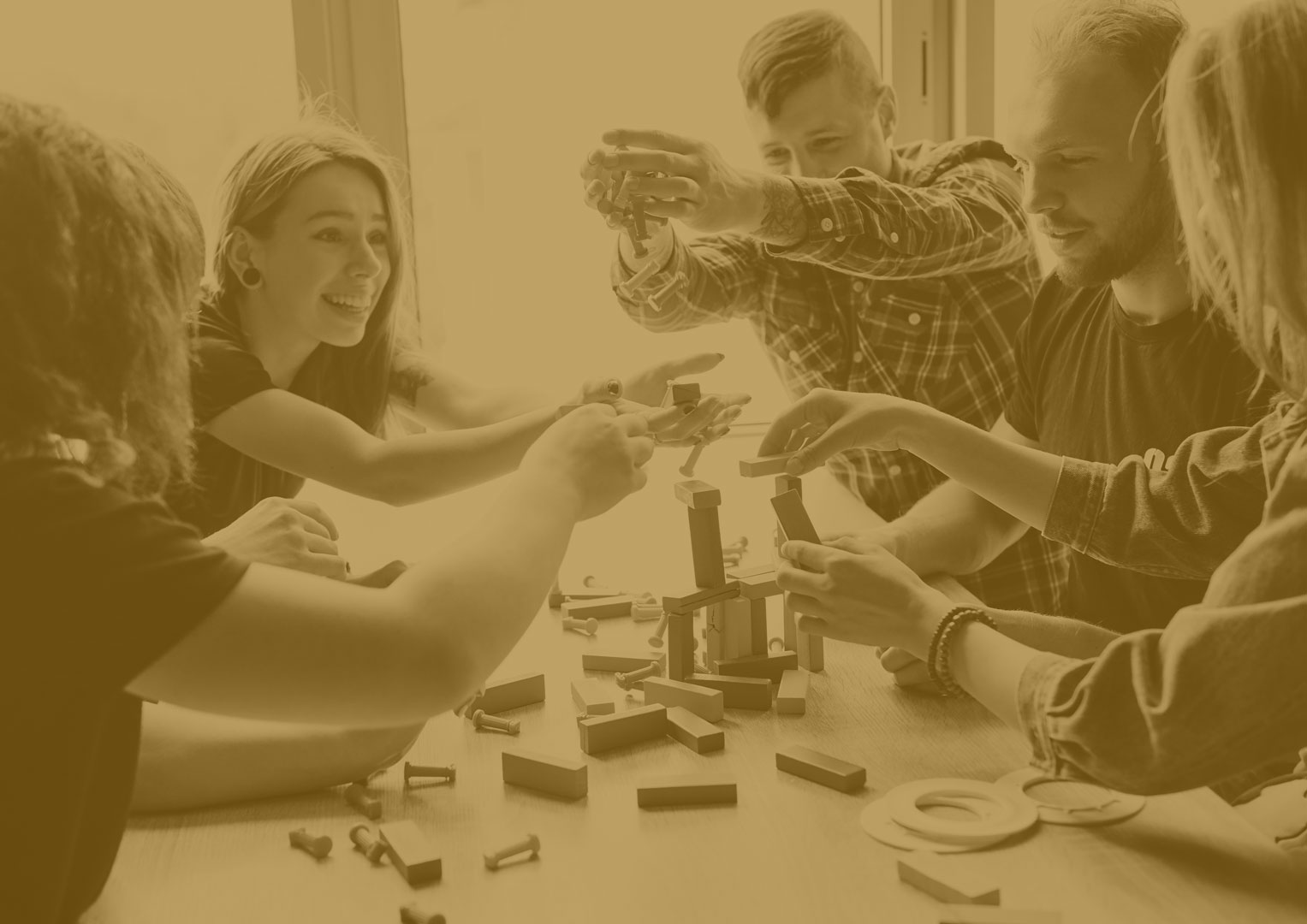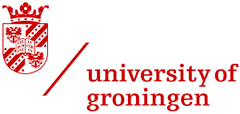Links
ON POLARISATION
Social polarization is the process of dividing a society or group into two or more distinct and opposing factions. It is characterized by significant distance between groups, high internal homogeneity within each group, and comparable size of competing factions. Polarization can escalate even without deliberate effort, driven by various cognitive mechanisms such as confirmation bias and social factors like homophily. It carries highly negative consequences for democratic processes, including erosion of trust and weakening of electoral legitimacy.
ABOUT THE PROJECT
ActIPLEx aims to combat social polarisation among young people by educating them about the dangers of polarisation and increasing their understanding of the mechanisms responsible for the process. With the help of educational games and social simulations, we will create educational experiences for students and a wider audience, as well as open educational resources about polarisation and dialogue to help motivate young people towards positive dialogue in the situations they face in life.
Within ActIPLEx,we will:
- Develop a set of interactive learning experiences in the form of a Massive Open Online Course on Futurelearn, online courses on the University of Tartu and University of Warsaw’s educational platforms
- Design,test, refine, and conduct an interactive game-based workshop on polarisation and dialogue, including educational social simulations
- Implement and promote the workshop format and online courses within the partnership and for a wider audience (4EU+ Alliance,schools)
Within the project we plan to reach out to various audiences: students (online courses and game-based workshop), secondary-school students (game-based workshop) and also a general audience interested in the topic (MOOC on Futurelearn). We will also produce a set of Open Educational Resources for teachers: videos, quizzes, texts, social simulation experiments and an educational game, and promote these materials during dissemination workshops for teachers.
Our goal is to help all the participants of our courses and workshops in recognising, understanding and preventing social polarisation.






